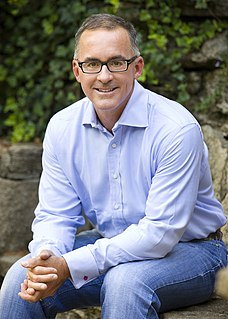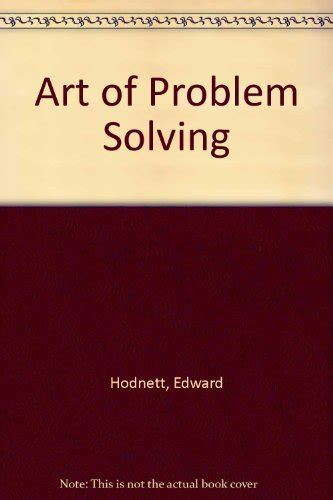A Quote by Adam Grant
Most people believe that great leaders are distinguished by their ability to give compelling answers. This profound book shatters that assumption, showing that the more vital skill is asking the right questions…. Berger poses many fascinating questions, including this one: What if companies had mission questions rather than mission statements? This is a book everyone ought to read—without question.
Quote Topics
Ability
Answers
Asking
Asking The Right Questions
Assumption
Believe
Book
Companies
Compelling
Distinguished
Everyone
Fascinating
Give
Great
Great Leader
Great Leaders
Had
Including
Leaders
Many
Mission
Mission Statement
More
Most
Ought
People
Poses
Profound
Question
Questions
Rather
Read
Right
Right Questions
Showing
Skill
Statements
Than
This Is A Book
Vital
Without
Related Quotes
Warren Berger’s book is a cure for a disease in large enterprises. A More Beautiful Question provides a framework to help leaders ask the most important questions—which is one of the most fundamental characteristics of a great leader—while sharing inspiring stories to show the incredible power of this concept.
My feeling, however, is that films that are open are more productive for the audience. The films that, if I'm in a cinema, and I'm watching a movie that answers all the questions that it raises, it's a film that bores me. In the same way, if I'm reading a book that doesn't leave me with questions, moving questions, that I feel confronted with, then for me it's a waste of time. I don't want to read a book that simply confirms what I already know.
Many of the questions we ask God can't be answered directly, not because God doesn't know the answers but because our questions don't make sense. As C.S. Lewis once pointed out, many of our questions are, from God's point of view, rather like someone asking, "Is yellow square or round?" or "How many hours are there is a mile?
Indeed, the only truly serious questions are ones that even a child can formulate. Only the most naive of questions are truly serious. They are the questions with no answers. A question with no answer is a barrier that cannot be breached. In other words, it is questions with no answers that set the limit of human possibilities, describe the boundaries of human existence.
If you don't put the spiritual and religious dimension into our political conversation, you won't be asking the really big and important question. If you don't bring in values and religion, you'll be asking superficial questions. What is life all about? What is our relationship to God? These are the important questions. What is our obligation to one another and community? If we don't ask those questions, the residual questions that we're asking aren't as interesting.
With nonfiction, I had to learn how to be a clear communicator, but it was also a relief to be able to articulate some of my political ideas and beliefs. I also try to do that in my fiction, but I'm more interested in asking questions that lead to more questions, mysteries that lead to more mysteries, rather than immediate answers and solutions.



































